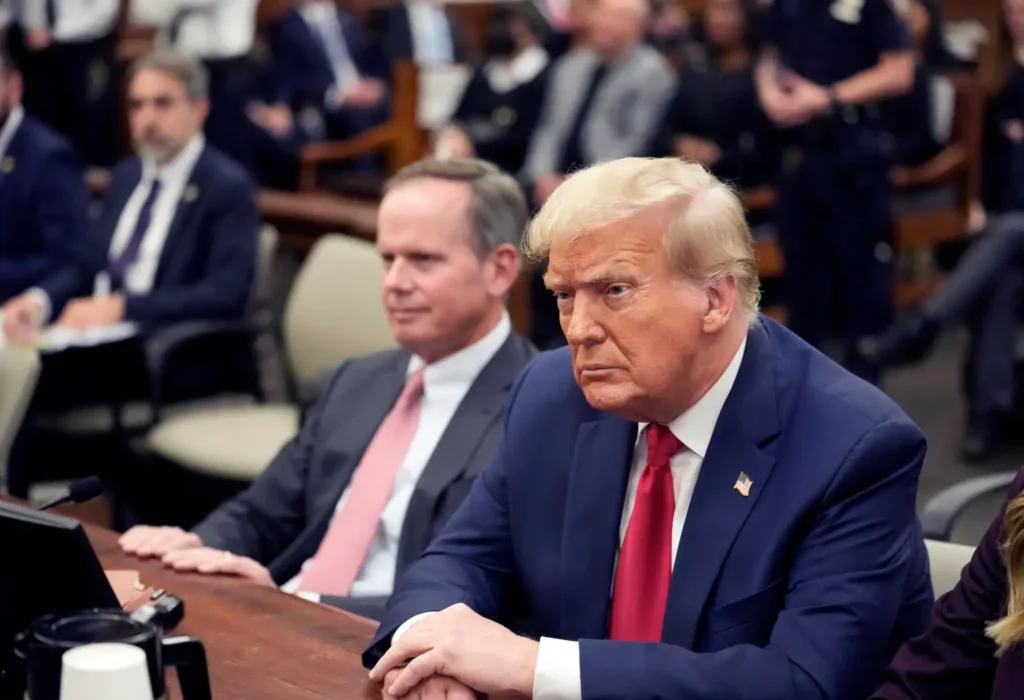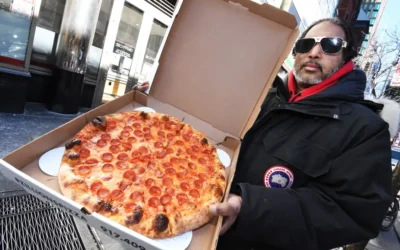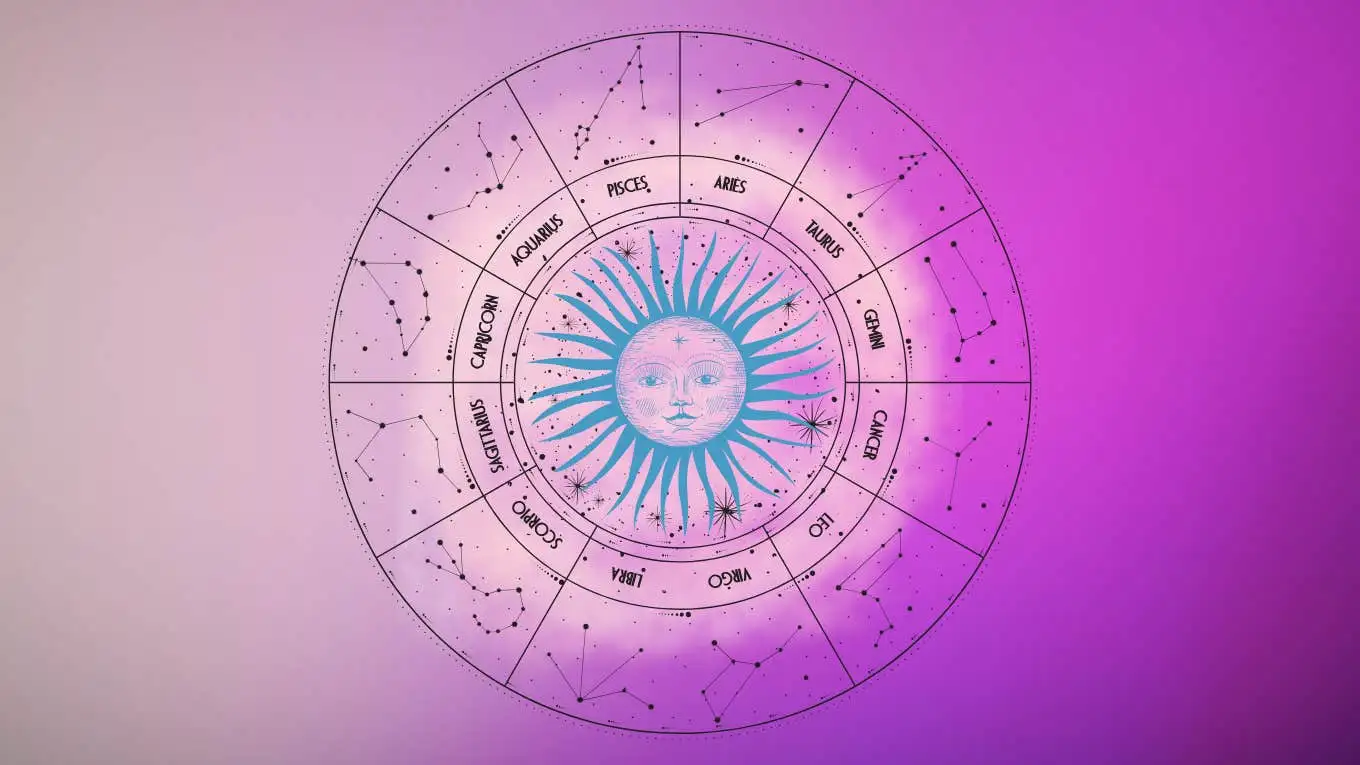How was Trump found guilty of bad practices in New York forces to pay $355 million?

How was Trump found guilty of bad practices in New York forces to pay $355 million?
Former President Donald Trump is once again in the spotlight as he faces legal repercussions for alleged fraudulent business practices in New York. A series of civil fraud cases, spearheaded by New York Attorney General Letitia James, have shed light on Trump’s financial dealings and resulted in significant penalties for him and his associates. Let’s delve into the details of these cases, the judicial rulings, and the implications for Trump and his business empire.
What legal action has been taken against former President Donald Trump and the Trump Organization?
The New York Attorney General, Letitia James, has pursued legal action against former President Donald Trump and the Trump Organization. Specifically, civil fraud cases have been filed against them. These cases involve allegations of fraudulent business practices, including inflating asset values to obtain financial benefits. The Attorney General’s office has conducted a thorough investigation into these allegations, which has led to the filing of these civil fraud cases against Trump, his adult sons, and former executives of the Trump Organization.

How much money has Trump been ordered to pay as a result of the civil fraud case?
As a result of the civil fraud case, former President Donald Trump has been ordered to pay over $364 million in total. This includes significant fines and disgorgement imposed by the court. The ruling represents a substantial financial penalty for Trump and underscores the seriousness of the allegations against him.
Who filed the lawsuit against Trump and his associates, and after how long of an investigation?
The lawsuit against former President Donald Trump and his associates was filed by the New York Attorney General, Letitia James, following a three-year investigation into allegations of fraudulent business practices. This legal action was initiated after gathering sufficient evidence to substantiate claims of misconduct, including inflating asset values to obtain financial benefits.
The lawsuit seeks legal accountability for the alleged wrongdoing and aims to hold the defendants responsible for their actions. Attorney General James and her team meticulously reviewed financial documents, conducted interviews, and consulted with experts to build a strong case against Trump and his associates. The filing of the lawsuit marks a significant step in the legal process and signals the beginning of formal proceedings to address the allegations of fraud.
What did Judge Arthur Engoron criticize Trump and his associates for in his ruling?

In his ruling, Judge Arthur Engoron criticized former President Donald Trump and his associates for their “complete lack of contrition and remorse.” He characterized their behavior as “pathological” and indicated that they showed a disregard for ethical conduct. Despite attempts to downplay the severity of their actions, the judge emphasized the seriousness of the fraudulent conduct and the need for legal consequences.
What consequences did the defendants face beyond financial penalties?
Beyond financial penalties, the defendants, including former President Donald Trump and his associates, faced additional consequences imposed by Judge Arthur Engoron. These consequences included restrictions on their ability to conduct business in New York. Trump and his companies were prohibited from holding officer or director positions in New York businesses or applying for loans for three years. His sons faced similar limitations for two years, while former executives faced permanent bans from certain financial management roles.
During the trial, several individuals testified, including former Trump allies and executives of the Trump Organization. Some key witnesses included Michael Cohen, Allen Weisselberg, and other individuals familiar with the inner workings of the Trump Organization.
Michael Cohen, Trump’s former lawyer and fixer, provided insights into the manipulation of asset values and financial statements to benefit Trump and his business interests. He testified about his role in these activities and the involvement of other executives in carrying out fraudulent schemes.
Allen Weisselberg, a former executive of the Trump Organization, also testified about his knowledge of financial practices within the company. He provided details about the creation of false valuations and the submission of fraudulent financial statements to lenders and business partners.
Other witnesses corroborated these testimonies and provided additional evidence to support the allegations of fraudulent conduct by Trump and his associates. Their testimonies played a crucial role in establishing the extent of Trump’s involvement in these activities and contributed to the favorable outcome of the case for the prosecution.
What restrictions were placed on Trump’s sons and other defendants regarding their involvement in New York businesses?
Trump’s sons, Donald Trump Jr. and Eric Trump, along with other defendants, faced restrictions on their involvement in New York businesses. Specifically, they were barred from serving as officers or directors of any New York company for a period of two years. This limitation aimed to prevent their participation in leadership roles within businesses registered in New York.
How did Trump react to the court’s decision, and what did he accuse the justice system of?
Trump reacted strongly to the court’s decision, labeling it a “Complete and Total SHAM” in an emailed statement. He expressed his dissatisfaction with the ruling and reiterated his accusation that the justice system is politically biased against him. Trump’s response suggests his belief that the legal proceedings were unjust and motivated by political animus rather than a fair assessment of the evidence presented in court.

How was Trump found guilty of bad practices?
Trump was found guilty of bad practices, particularly in relation to financial fraud, through a thorough legal process. This process involved extensive investigation, gathering evidence, witness testimonies, and legal proceedings. The court scrutinized financial documents, statements, and testimonies to establish Trump’s involvement in fraudulent activities. Key witnesses, including former allies and executives of the Trump Organization, provided crucial insights into the manipulation of asset values and submission of false financial statements. Ultimately, the court ruled against Trump based on the evidence presented, finding him liable for fraudulent practices.
What potential future legal actions for former President Donald Trump?
The potential future legal actions for former President Donald Trump include appeals against the court’s decision in the civil fraud case. Additionally, Trump faces other legal challenges, including criminal trials related to hush money payments during the 2016 election and charges related to his actions following the 2020 presidential election. These legal battles may take years to resolve and could have significant implications for Trump’s political aspirations and legal standing.
How did the judge describe the defendants’ conduct in relation to financial fraud?
The judge described the defendants’ conduct in relation to financial fraud as demonstrating a “complete lack of contrition and remorse” and characterized it as “pathological.” He emphasized the seriousness of their actions and their disregard for ethical standards. Despite attempts to downplay the severity of their behavior, the judge highlighted the need for legal consequences to address the fraudulent conduct.
The civil fraud cases against Donald Trump represent a critical moment in his post-presidential legacy. While Trump continues to assert his innocence and challenge the legal proceedings, the rulings handed down by Judge Engoron and others underscore the importance of accountability and adherence to ethical standards in business and public life. As the legal saga unfolds, the ramifications for Trump and the broader political landscape remain uncertain, but one thing is clear: the pursuit of justice will not waver.














